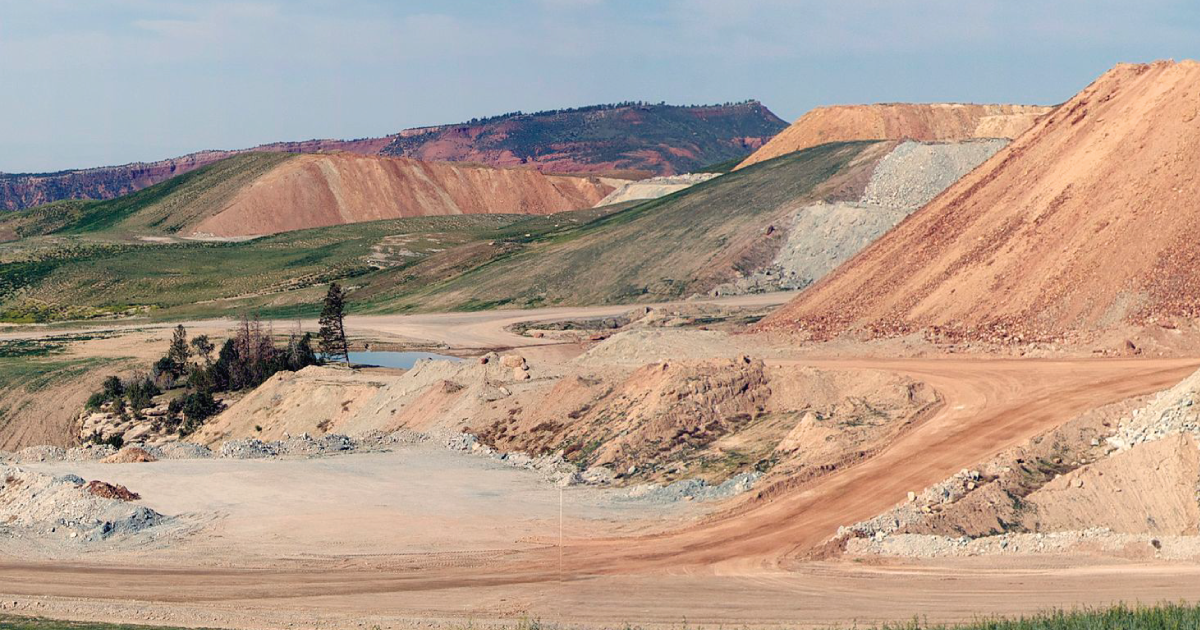
Roundup’s Other Problem: Glyphosate Is Sourced From Controversial Mines
Roundup, the world’s top herbicide, has been mired in controversy in recent months as the jurors in three court cases have found it causes cancer. Bayer Crop Science, the company that produces Roundup, has been ordered to pay billions of dollars in damages, and thousands of other cancer cases are pending in state and federal courts.
June 24, 2019 | Source: Civil Eats | by Gosia Wozniacka
As concern over the health and environmental risks of the most-used herbicide mount, the ecological impact of its sourcing from phosphate mines are equally problematic.
Roundup, the world’s top herbicide, has been mired in controversy in recent months as the jurors in three court cases have found it causes cancer. Bayer Crop Science, the company that produces Roundup, has been ordered to pay billions of dollars in damages, and thousands of other cancer cases are pending in state and federal courts.
And while the majority of the nation’s corn, soybean, and cotton growers continue to use it, Roundup’s damage to soil health and history of producing herbicide-tolerant “superweeds” are also critical concerns to farmers and consumers.
Few people know that Roundup is equally contentious at its source.
Glyphosate, the herbicide’s main ingredient, isn’t manufactured in a lab, but originates in a mine. To produce it, phosphate ore is extracted and refined into elemental phosphorus.
